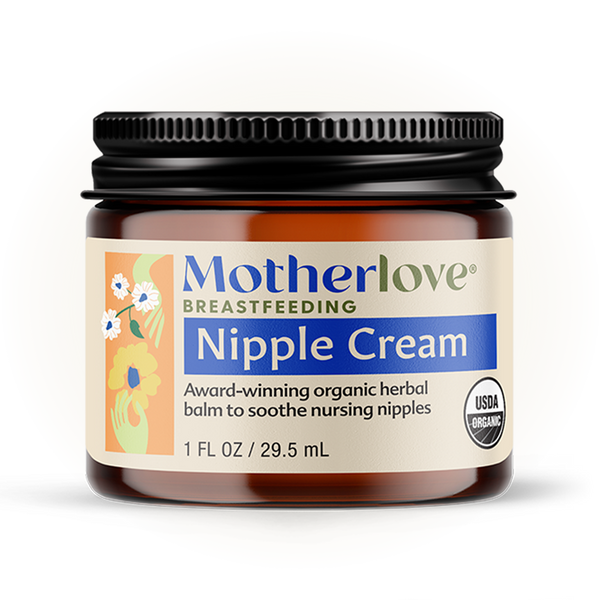Updated by Wendy, IBCLC June 2025
Moms start using nipple shields for many reasons. Sometimes it's because of flat or inverted nipples. Sometimes it's for latch difficulty or a disorganized suck. Sometimes it's to get a bottle-fed baby back to the breast, or for an overactive letdown. There are pros and cons.
Whatever the reason, once babies get used to using a nipple shield, it's fairly common for moms to have trouble getting them to stop. And we've found that many moms leave the hospital with no guidance on when and how to stop using a nipple shield.
So we thought we'd share what we've learned from moms and breastfeeding support people about what works to wean a baby from a shield. This process can take anywhere from a few days to a few months, so remember that patience and perspective are usually required.
TIPS FOR STOPPING NIPPLE SHIELD USE
1) Start earlier rather than later.
Experience has shown that the longer a baby uses a shield, the longer it takes to wean from it. So we recommend starting the weaning process earlier than later, especially if the underlying problem has been resolved (for example, a tongue tie that has been clipped).
2) Begin laid-back, skin-to-skin contact, and try self-attachment.
Start in a laid-back position, skin-to-skin with your baby on your bare chest. Baby will likely start to scoot around, looking for the nipple. Let him root toward the breast, and wait to see what happens. Sometimes, when their instinctive reflexes are triggered, babies will have no difficulty nursing without the shield. If they get into position and cry, try shaping the breast as described in #4 below.
3) Remember the basics of good positioning and latch for the baby's mouth.
Help your baby to latch when you're trying without the shield. For a refresher about how to get a deep and effective latch, check out our resource page here.
4) Try to form the breast to be similar in shape to the shield.
Nipple shields “stand out” further than a real nipple (until the nipple is in the mouth, when it stretches to about double its resting length). So, for the initial latch on, try to form the breast with your hands in a similar shape, perhaps compressing your breast and holding it firmly about one or two inches from the base of your nipple and pushing toward the chest wall. You can also make a “C” shape with your thumb and pointer finger, place them around your areola, and gently press.
5) Try when your baby isn't really hungry.
No one likes to try learning a new skill when they're ravenously hungry, so wait until your baby has fed for a while, or initiate an “in between” feeding when she isn't hungry.
6) Be just a little sneaky.
Try the first side with the shield, and the second side without it. Try removing it after a let down, and if that works, try earlier in the feeding. Try nursing without the shield when your baby is sleepy or just waking up.
7) Work with your baby's daily rhythms.
Babies tend to be more open to trying something new when they're well-rested, so earlier in the day is better than later. Avoiding the early evening “witching hour” when everyone tends to be tired, is definitely recommended.
8) Don't let it become a fight.
Babies are sensitive to being pressured into doing something they're not ready to do, and may dig in their tiny heels if you push too hard. If your baby becomes upset, put the shield on. A frustrated baby is unlikely to do something difficult, and it's important for babies to know that they will get to nurse no matter what.
9) Never cut the shield.
Cutting the shield can leave sharp edges, which may be harmful to your baby.
10) Be patient, and expect gradual progress.
This process can be very challenging for babies, and it often takes time. There are babies who, according to moms, “knock the shield away” one day and never look back, but many need some time to work out their new feeding set-up. Patience is generally required.
11) Seek more help if you need it.
If none of these strategies are working, work with a lactation consultant for additional support. They can come up with a plan for weaning from the nipple shield that’s tailored to your needs. They can also help identify if there’s another breastfeeding issue that may be contributing to your baby’s inability to stop using the nipple shield.





